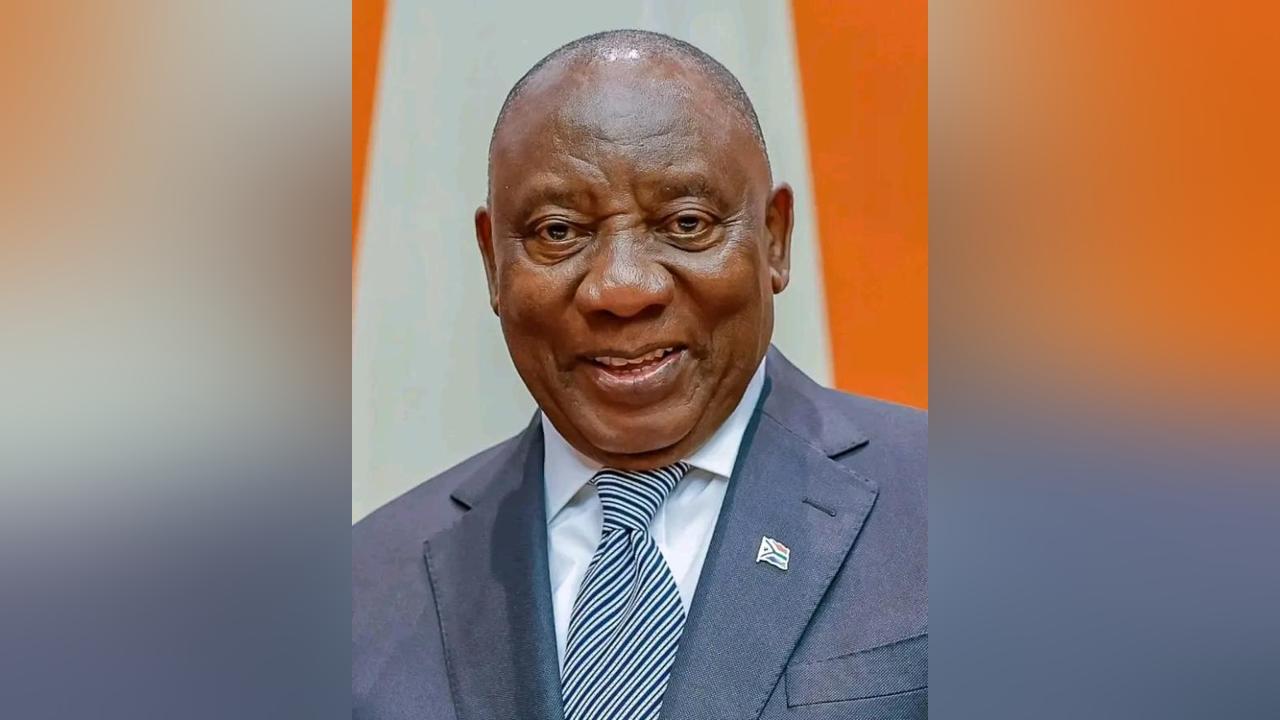Africa-Press – Zimbabwe. South Africa’s main opposition party condemned President Cyril Ramaphosa on Monday for praising Zimbabwe’s controversial land reform programme during a state visit, saying the policy destroyed Zimbabwe’s economy and created famine.
The Democratic Alliance said Ramaphosa’s comments at the Zimbabwe Agricultural Show on August 29 aimed to build support for South Africa’s new Expropriation Act signed in January, which allows land seizure with nil compensation in certain cases.
“The DA condemns and rejects this praise by Ramaphosa for a process which left Zimbabwe in tatters, destroyed its economy and foreign relations, and created famine for its people,” DA national spokesperson Willie Aucamp said in a statement.
Speaking as guest of honour at Zimbabwe’s annual agricultural exhibition in Harare, Ramaphosa told delegates the neighbouring country needed to dismantle colonial-era land ownership patterns after independence in 1980.
“Most commercially productive land and large-scale farms were owned by whites, while the black majority was confined to communal lands,” Ramaphosa said.
The president said Zimbabwe’s land reform was essential for historical redress, food security and economic growth to enable black Zimbabweans to enter productive agriculture.
Zimbabwe implemented its Fast Track Land Reform Programme in 2000, seizing white-owned farms without compensation. The policy triggered economic collapse and international sanctions.
The country recently agreed to pay $3.5 billion in compensation to displaced white farmers after two decades of legal battles.
Aucamp accused Ramaphosa of whitewashing Zimbabwe’s failures to create momentum for South Africa’s Expropriation Act of 2025.
“Because land was not legally transferred, the failed Zimbabwe model praised by Ramaphosa led to crippling financial reparations being due to former farmers and landowners,” Aucamp said.
The DA stressed that South Africa’s Government of National Unity, formed after May 2024 elections, does not endorse Zimbabwe’s land confiscation model.
“While acknowledging the need for land reform in South Africa, it must remain within the Constitution and rule of law,” Aucamp said. “Expropriation Without Compensation does not meet this standard.”
The Presidency defended Ramaphosa’s visit, saying it strengthened economic ties between the neighbours. South Africa exported goods worth 69.2 billion rand ($3.9 billion) to Zimbabwe in 2024.
Presidency spokesperson Vincent Magwenya accused the DA of hypocrisy, saying the party opposes transformation in South Africa while claiming to support redress in Zimbabwe.
“The DA remains speechless when it comes to the atrocities that are committed by Israel in Gaza,” Magwenya told reporters on Monday.
The exchange highlights tensions within South Africa’s coalition government over land policy. The DA opposed the Expropriation Act during parliamentary debates before Ramaphosa signed it into law.
South Africa’s new law allows government to seize land for public purposes including infrastructure projects and land reform. It permits nil compensation in specific instances including abandoned land and state investment properties.
The legislation replaces a 1975 apartheid-era law and aims to address racial disparities in land ownership. Census data shows South Africa’s 7 percent white population owns 70 percent of privately owned farmland.
For More News And Analysis About Zimbabwe Follow Africa-Press






